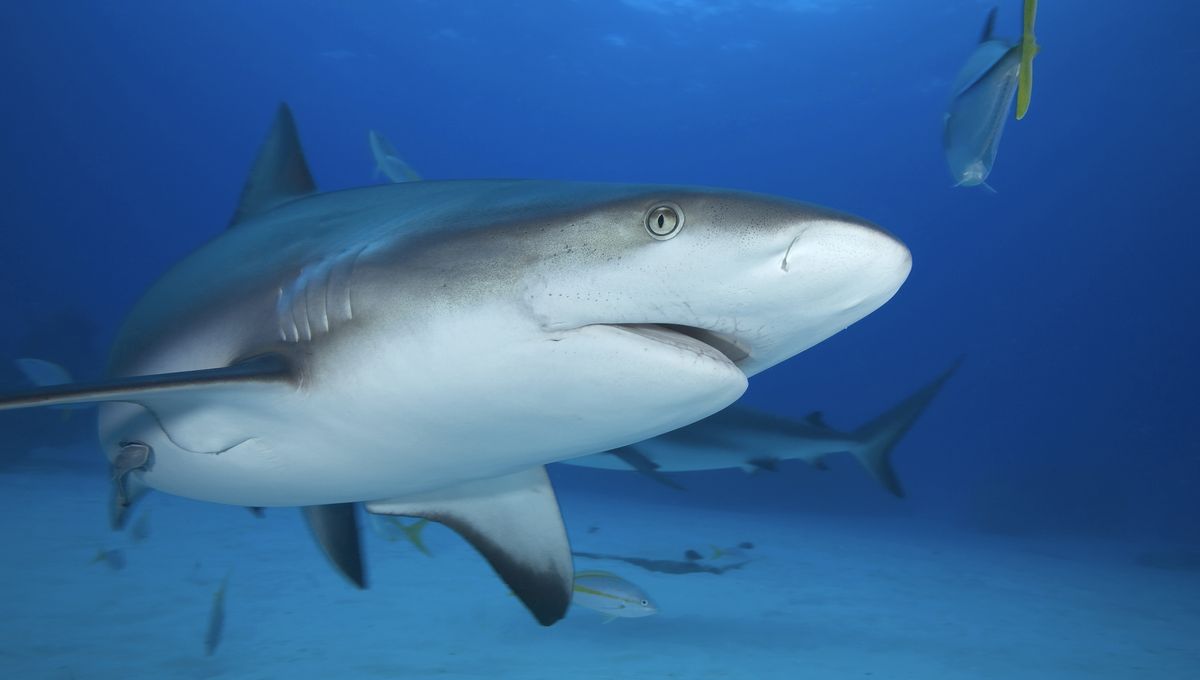
If one of us humans was found having a cheeky nap, there probably wouldn’t be a whole scientific study on it. But for sharks, getting caught snoozing is an entirely different matter, especially when some species need to keep moving in order to keep breathing, lest they end up napping for eternity. This was thought to be the case for gray reef sharks, until researchers encountered them sleeping under reef ledges in Seychelles.
Biologists have historically considered gray reef sharks as ram ventilators, meaning they have to “ram” oxygen-rich water over their gills to breathe. “On routine survey dives around D’Arros we found grey reef sharks resting under coral reef ledges,” said Dr Robert Bullock, the director of research at the Save Our Seas D’Arros Research Centre (SOSF-DRC) in Seychelles and co-author of a study describing the finding, in a statement.
“This is not something we believed they could do. The grey reef shark has been considered a ram-ventilating species, unable to rest, so to find these ones resting turns our fundamental understanding of them on its head.”
So if the sharks aren’t using ram ventilation to breathe, what are they using instead?
Researchers believe the evidence points toward buccal pumping, which would involve the sharks actively pumping water over their gills whilst stationary, and it’s thought they could do this for at least 40 minutes at a time. Supporting this theory, divers observed slight lower jaw movements in the resting sharks. They also found sharks facing in different directions whilst at rest, suggesting they were not relying on currents to ram water over their gills.
This discovery, the team believes, opens up a whole host of other questions. As Save Our Seas CEO and study author Dr James Lea explained: “It’s key to understanding how they use their environment and also how this may change in response to shifts in environmental conditions. How important is this rest, or possible sleep, for the sharks? And what’s the impact on them if they can’t get that rest if conditions change, such as oxygen levels rising or falling due to a changing climate?”
Until those questions are answered, the researchers hope the study will encourage future research and a re-examination of our existing understanding of sharks. “I hope that these findings serve as a reminder of how much we still do not know and how exciting that is. Science is about being wrong quite a lot. And that’s OK,” said Bullock.
The study is published in the Journal of Fish Biology.
Source Link: Grey Reef Sharks Caught Napping, Changing What We Know About How They Breathe